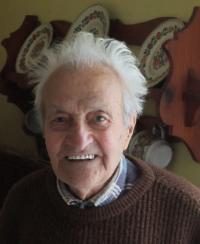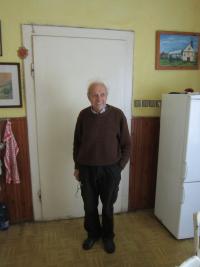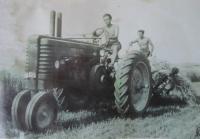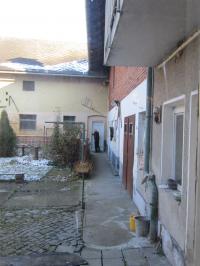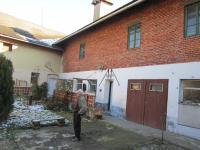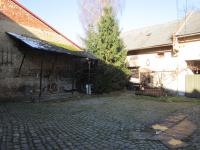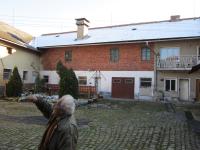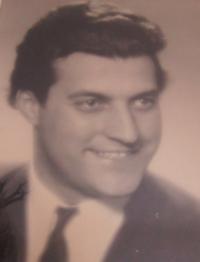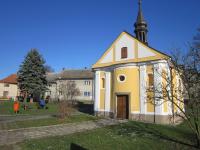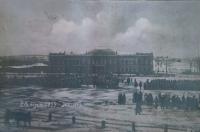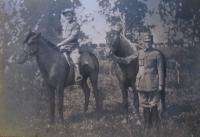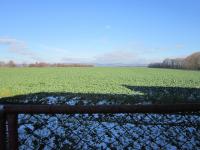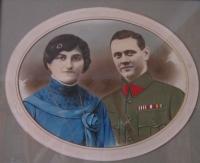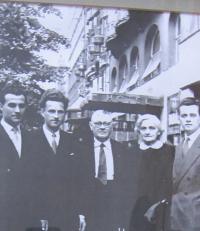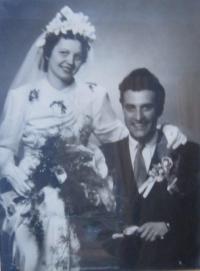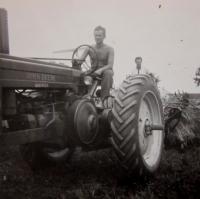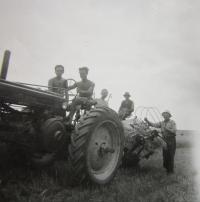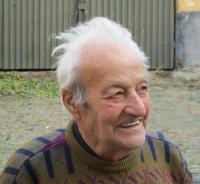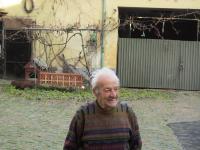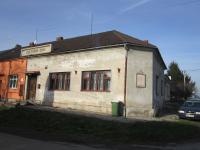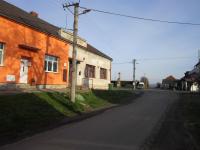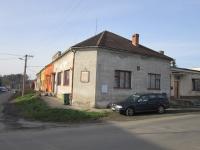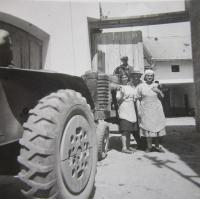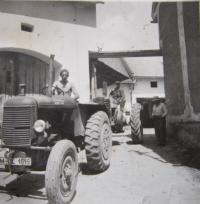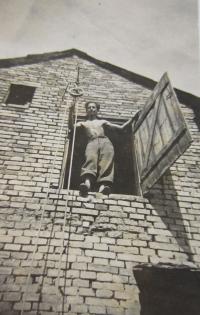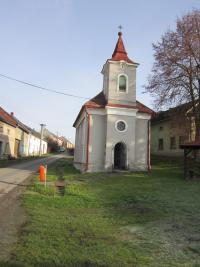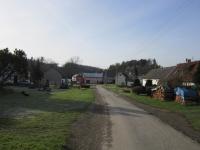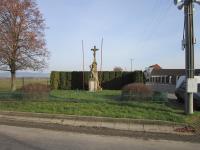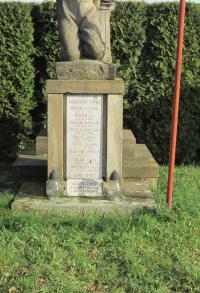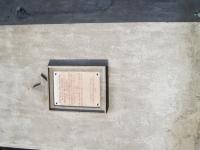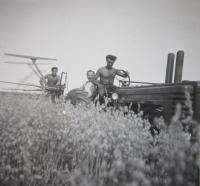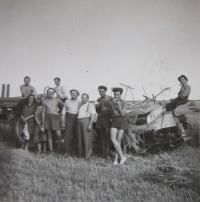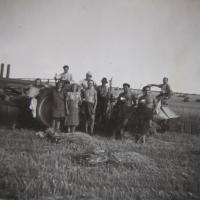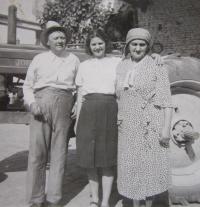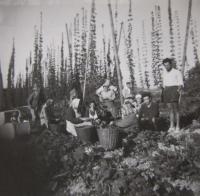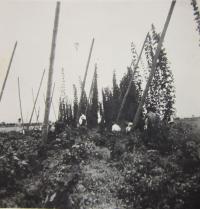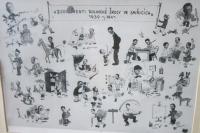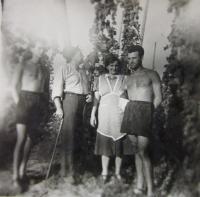When the Party deputy did not reply and continued writing the notice, I got angry and slapped him

Stáhnout obrázek
Ing. Jan Sklenář was born in 1922 in Vacanovice in the Olomouc region in the family of the second largest farmer in the village. Shortly after the occupation of Bohemia and Moravia by the Nazi Germany, the family hid a large supply of weapons from the resistance organization Defense of the Nation on their farm in July 1939. After the hiding place had been discovered, his father Jan Sklenář was arrested in 1943 and threatened with death penalty. It was only thanks to the help of his friends and the initiative of the German state prosecutor Roland Jarosch that he was eventually sentenced „only“ to six years of imprisonment. His son Jan Sklenář Jr. was likewise suspected of collaboration with the resistance, and he was interrogated by the Gestapo in Olomouc several times. His father not only survived the prison, but he also endured the death march at the end of the war, and after several months of medical treatment he was able to return home. Jan Sklenář Jr. took over the prospering farm in 1950. The communist regime already began with the collectivization of village farms at that time. Jan Sklenář refused to join the agricultural cooperative and he suffered harassment from local officials. In a conflict situation, Jan attacked a deputy of the ministry of purchasing, and he was consequently brought to trial. His connections eventually helped him and he was thus released with a two-month suspended sentence, but he had no choice but to join the Unified Agricultural cooperative (JZD). As a so-called kulak he was forced to terminate his long-distance study at the college of agriculture. Local officials knew of his expertise, and when the cooperative was on the brink of bankruptcy, they appointed him as an agronomist. Jan Sklenář accepted the position under the condition that he would be allowed to finish his studies. He proved successful in his job and three years later he became the chairman of the cooperative. He still lives on his native farm.
